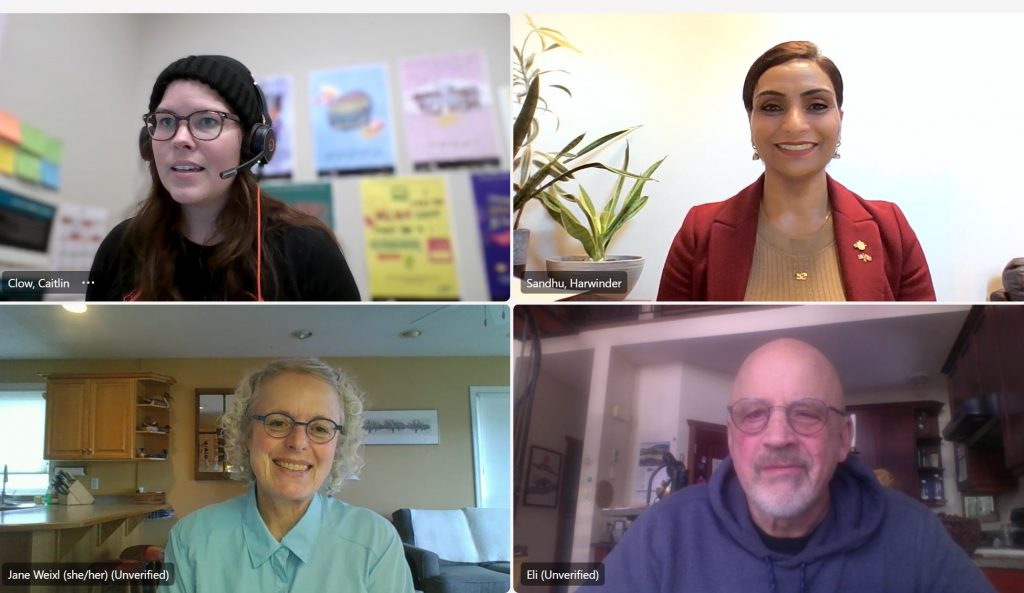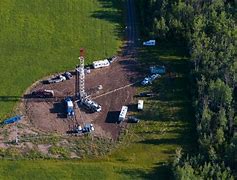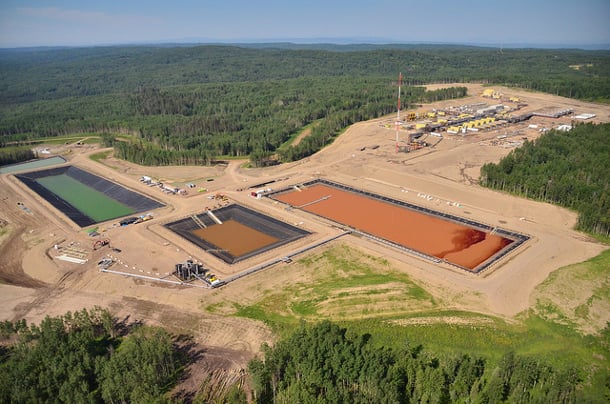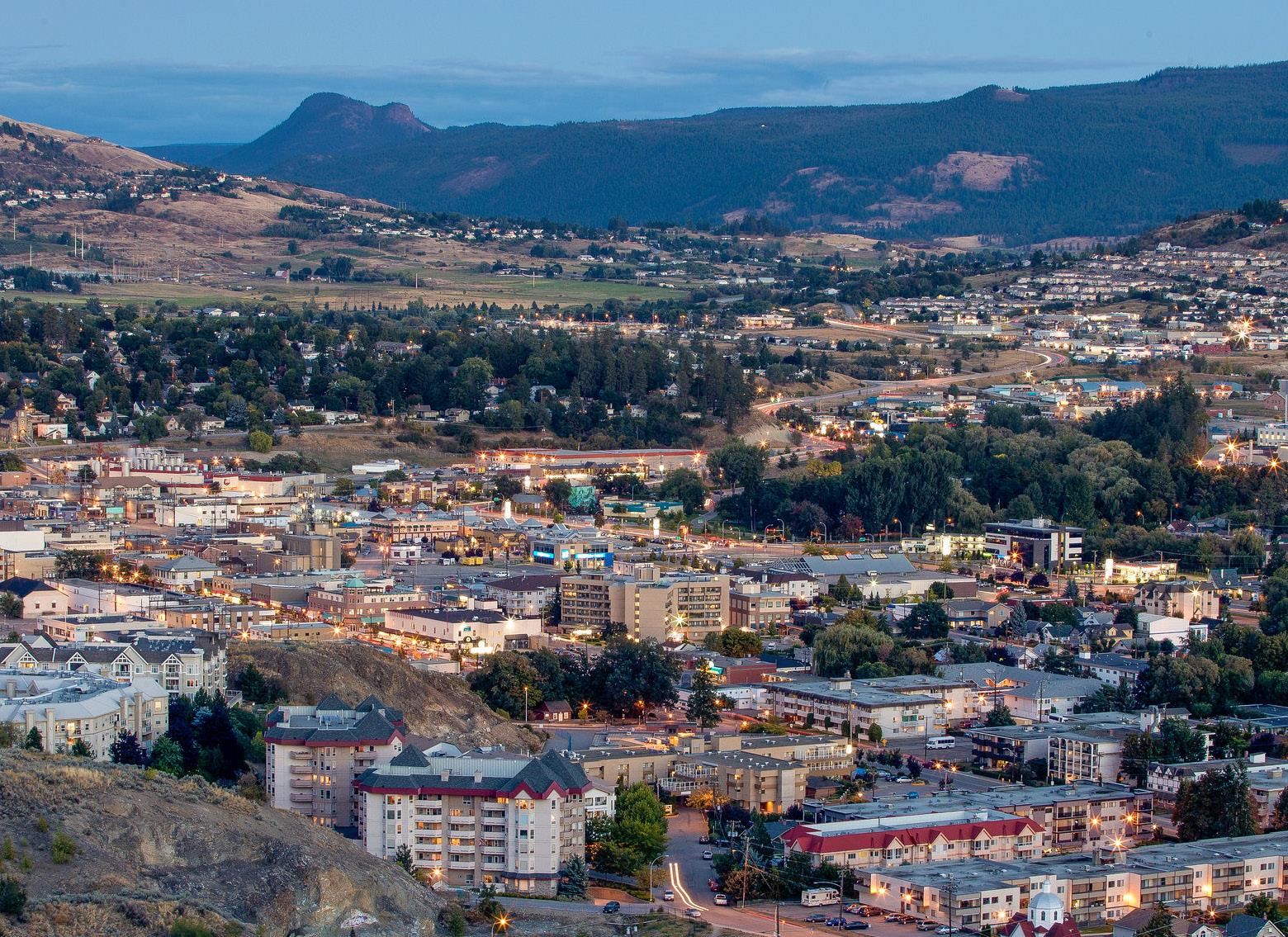Vernon climate rally raises fracking awareness, calls for forestry reform
Brendan Shykora, Vernon Morning Star, Sep 20, 2025

Fort Nelson First Nation in northern BC is using an abandoned oil well to provide geothermal energy for themselves and the nearby town of Fort Nelson.

A group including IWTF members Taryn Skalbania, Clarice Bower, Grace Kramer, and Eli Pivnick met with Ravi Parmar, Minister of Forests (middle of the back row) and Harwinder Sandhu Parliamentary Secretary for Agriculture (centre front) to discuss forest and watershed issues. Also in the photo are Kelly Fehr, Vernon City Councillor (front row on the left) and Vernon Mayor Victor Cumming (back row on the left). Mar 7 2025

CAN! members Eli Pivnick and Jane Weixl met on Zoom with MLA Harwinder Sandhu to discuss BC plans for LNG, March 6 2025.

Interior Watershed Task Force (IWTF) team Casey Como, Grace Kramer, and Eli Pivnick (also of Climate Action Now! (CAN!)) met with MLA Harwinder Sandhu re watershed governance, Feb 28 2025.

Democracy chickens protest no-show candidates

Vernon BC considers adopting next level of Zero Carbon Step Code
Dozens of municipalities in Quebec ban fossil fuels in new buildings
Chloe Logan, National Observer April 29th 2024

By 2025, municipalities representing about half the population of Quebec will significantly slash the number of new buildings heated by fossil fuels. Buildings under three storeys will not use any fossil fuels, however, there is an allowance for larger buildings to use renewable natural gas.
The council of the Metropolitan Community of Montreal announced last week that it passed a resolution to ban the installation of space and water heating powered by fossil fuels in residential, commercial and institutional buildings. The council, representing 82 municipalities, sent the draft regulation to Quebec’s environment ministry for approval and aims to have it in place by January 2025. Before then, there will be information sessions for municipalities.
Vernon City Councillors vote to accept a motion to eliminate fossil fuel funding of UBCM and SILGO.
Liam Verster Vernon Matters February 27th 2024

Coun. Brian Guy put forward a notice of motion at the city’s regular meeting Monday, Feb. 26, to have the Southern Interior Local Government Association (SILGA) and the Union of B.C. Municipalities (UBCM) no longer accept funding support for conventions and meetings from the fossil-fuel industry and its lobby groups.
In his rationale, Guy stated governments around the world, including Vernon, are transitioning away from carbon-based energy and towards renewables, but “the fossil-fuel industry and its lobby groups fund UBCM and SILGA events to influence decision-makers to slow and prolong the decarbonization process and the transition to renewable energy.”
Public support for B.C. LNG plans falling: poll
By John Woodside | News, Energy, Politics | National Observer Feb 22, 2024

“We must expand our electrical system like never before, to power industrial development, to power our homes and businesses, to power our future,” said B.C. Premier David Eby in a statement at the time. “Clean, affordable energy will help us meet that opportunity, while reducing pollution, securing good-paying jobs and creating new opportunities for our growing economy.”
Increasing the amount of clean electricity is a vital step in the race against climate change. That’s because the benefits of electric vehicles, high-efficiency heat pumps and other consumer goods cannot be realized if the electricity needed comes from polluting sources. Industries also need clean electricity to power their operations and cut emissions. As jurisdictions like the United States and the European Union design carbon tariffs on goods, a clean power grid becomes important for business competitiveness.
The poll also found that LNG development ranks last among the public’s preferred economic opportunities. Developing renewable energy, manufacturing clean technologies, clean hydrogen production, sustainably procured metals and minerals, engineered wood products and natural gas production all rank higher than exporting LNG.
Of those polled, 65 per cent believe LNG companies should cover the cost of additional electricity they need, compared to 15 per cent who believe the province should shoulder the cost.
Feds secure surrender of last oil and gas permits off B.C. coast
Nia Williams · Thomson Reuters · Posted: Feb 21, 2024

Canada has secured the surrender of the last remaining permits for oil and gas development off its Pacific Coast after Chevron Canada voluntarily relinquished 23 permits as of Feb. 9. Energy and Natural Resources Minister Jonathan Wilkinson said the relinquishment of the permits marked an important milestone in permanently protecting the ecologically rich waters of Canada’s West Coast. While there has been a federal moratorium on oil and gas exploration off the Pacific coast since 1972, permits issued before that date were still valid. In a statement posted on its website on Feb. 9, Chevron Canada said it had no plans to pursue development of these offshore permits, which cover an estimated 5,900 square kilometres. “With these final permits, Natural Resources Canada has officially secured the surrender of all 227 permits in the Pacific offshore,” Wilkinson said in a statement.
BC has a similar Fracking industry to that of California. BC could use the example of California’s move to end fracking as a model as described below:
California formalizes plan to end fracking
Laura Kilvans for KQED EHN Curators February 19, 2024
California’s oil and gas regulators have officially unveiled a proposal to phase out fracking in the state.
In short:
- The California Geologic Energy Management Division announced plans to stop issuing permits for well stimulation treatments like fracking to protect natural resources and public health.
- Environmental groups applaud the move, highlighting fracking’s negative impacts on climate, water, and seismic stability, although concerns remain about other extraction methods.
- The proposal may affect the economy of Kern County, where most of California’s fracking occurs, but it is seen as a victory for public health and environmental protection.
Key quote:
“Fracking is a very dangerous, climate-change-accelerating, water-polluting, earthquake-causing process. … We’re really happy that California is finally taking the formal steps to officially ban some fracking in the state.”
— Chirag Bhakta, California director, Food & Water Watch
Why this matters:
This initiative underscores California’s commitment to transitioning away from fossil fuels and prioritizing sustainable energy sources, with potential implications for public health and climate policy nationwide.
Green Jobs Face Serious Labour Shortage
by Christopher Bonasia January 30, 2024
As the proportion of green jobs increases, experts expect the growth in employment will counterbalance job losses in the fossil energy sector, but they say it’s also crucial for workers to develop green skills.
While a recent report by LinkedIn documents a 22.4% increase in jobs requiring at least one green skill between 2022 and 2023, the work force itself showed only a 12.3% increase in green talent.
“One of the things we’ve seen over the past few years is a very consistent, steady increase in demand for green roles,” Sue Duke, head of global public policy at LinkedIn, told the Financial Times. “Last year, when we saw hiring being pulled back in most sectors, we saw the opposite trend when it came to green jobs and skills.”

